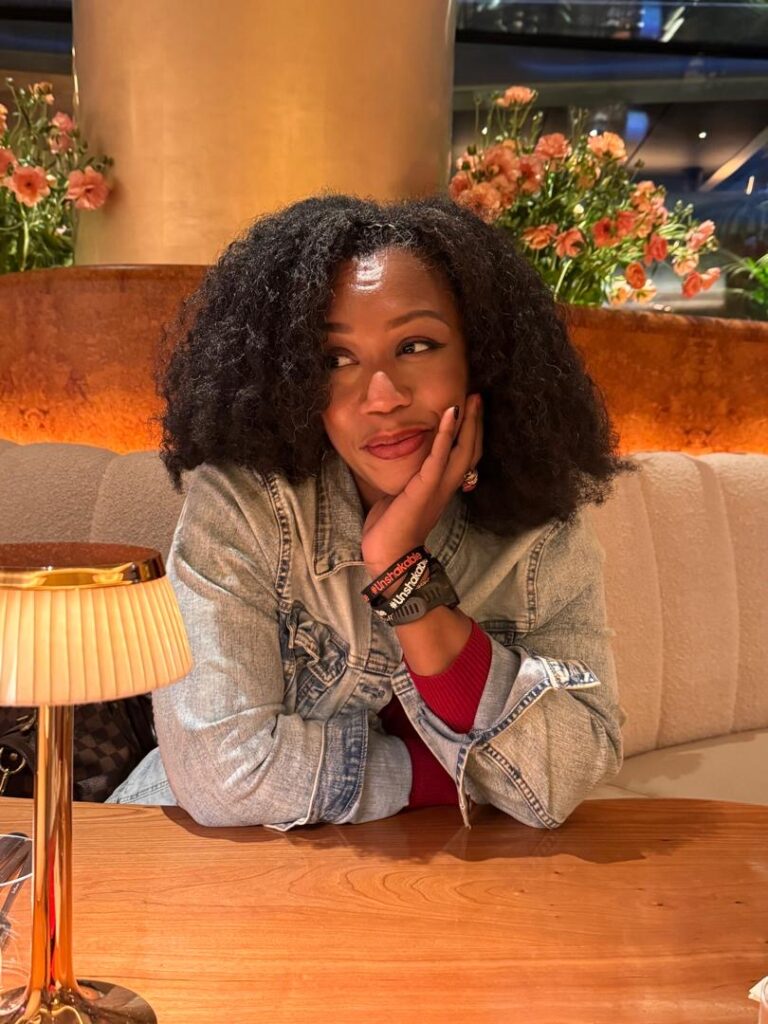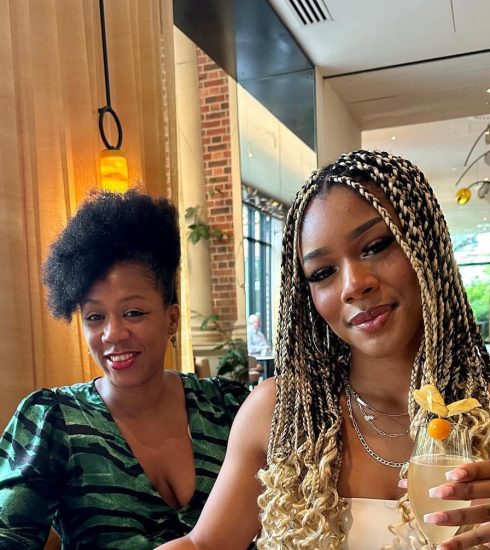Untold Truths: The Woman Who Wore a Smile
Everyone thought she had it all.
The marriage, the children, the dinners, the laughter that could fill any room. She was the woman people turned to for advice, the one who held friendships together, the extrovert with a magnetic smile.
But behind closed doors, her truth was different.
She grew up in a world where marriages were meant to survive at all costs. Where leaving was a scarlet letter, where divorce was whispered about as failure, where a “Christian woman” was measured not by her joy but by her endurance. Her marriage wasn’t just a covenant; it was her crown. It gave her pride, purpose, and relevance. When she spoke, people listened — because she spoke from the moral high ground of “sanctity.”

And yet, her body told another story.
She longed for passion. For the kind of love her friends whispered about on girls’ trips — messy, thrilling, alive. She envied their stories of cunnilingus and dirty sex dressed in clean sheets, of passion burning in places she had only ever dreamed of. She had a gorgeous figure but hid it, unused, under-praised, untouched.
Every day, she poured herself into her marriage. Every day, she was met with silence. The fire never came. She suspected he had affairs. She didn’t care enough to confront him — except for the quiet jealousy that he could move freely in a society that would have tied her to a tree and stoned her if she did the same.
So she lived in secret torture.
The woman who fed the family, kissed her husband, ran her miles, went to work, made everyone laugh, and carried her pain like a shadow.
Her friends adored her. Men admired her. Some of those men sensed her hunger — they flirted, sometimes even leaned close enough to touch the edge of her longing. Each time, she bolted. She would cut them off, chastise them, even run for the hills. It was safer to suffocate her desires than to ever give in. Safer to be admired than consumed.

And so she became the woman who was everything to everyone — except to herself.
At 49, cancer came. But was it cancer, or was it darkness? Was it a body that had grown tired of carrying secrets, or a soul too weary to keep pretending? Maybe it was all of these. Maybe her illness was simply the last silence she could no longer fight.
In her last days, she apologised to God.
Not for sin — but for silence. For not being all she could have been. For hiding her light in the name of perception. She had lived a life with a big smile on her face, but with a heart that had never been allowed to burn. And so she prayed one final prayer:
“Dear Lord, I didn’t get the chance. Please let my daughter be brave and live this for me. Forgive me and let me watch her from heaven if you would have me. May I be her guardian angel. Amen.”
She slipped away with that prayer on her lips. Content enough — but not complete.
Her untold truth lingers, echoing louder than the applause of public perception: how many of us are smiling through the pain, living half-lives because of what society thinks? How many women are praised for their endurance, while their joy withers quietly in the shadows?
She wore her smile until the end. But her story — now told — reminds us that endurance without joy is not the victory we imagine. That the soul withers when love is replaced by performance. That the bravest act we can sometimes commit is to live fully, shamelessly, passionately — while we are still here.

Her daughter carries her legacy now. Perhaps she will live the prayers her mother could not. Perhaps she will be unafraid to ask for passion, to embrace desire, to speak truth without shame. Perhaps she will be brave enough to live, not just endure.
Because every untold truth, when finally spoken, becomes a mirror. And in its reflection, we are asked the same question: what truth am I hiding behind my smile?
And perhaps this is the #Unshakable lesson here: that real strength is not in surviving perceptions, but in daring to live authentically, even when the world expects you to stay silent.
‘See’ you next week.

IG Handle: @unshakable.is.a.state.of.mind






